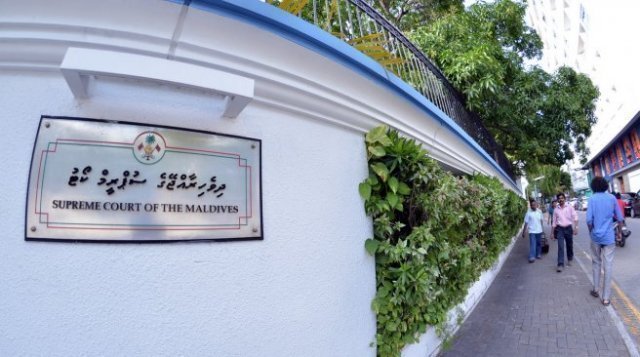President has power to dissolve parliament: Supreme Court
Supreme Court said this in its ruling on Tuesday to not revoke the anti-defection law, which stands to remove floor-crossing MPs


Supreme Court
The President has the power to dissolve the parliament before the end of its term if a situation arises where the sittings come to a standstill, the Supreme Court has said.
Supreme Court said this in its ruling on Tuesday to not revoke the anti-defection law, which stands to remove floor-crossing MPs.
The court noted that the President has the power to dissolve the parliament and hold a general election if the workings of the parliament come to a halt and the disputes within it are not resolved. The court backed its point with the Constitution and pointing to how foreign governments work.
While the Constitution notes that more than half of the 85-member house must be present to vote on any matter requiring the compliance of citizens, only 39 of the required 43 MPs were present to vote on the anti-defection bill on March 13.
The court noted that this was legal under special circumstances according to the ‘doctrine of necessity’ which is backed up by Islamic law, the Quran, the Prophet’s teachings, and scholars.






